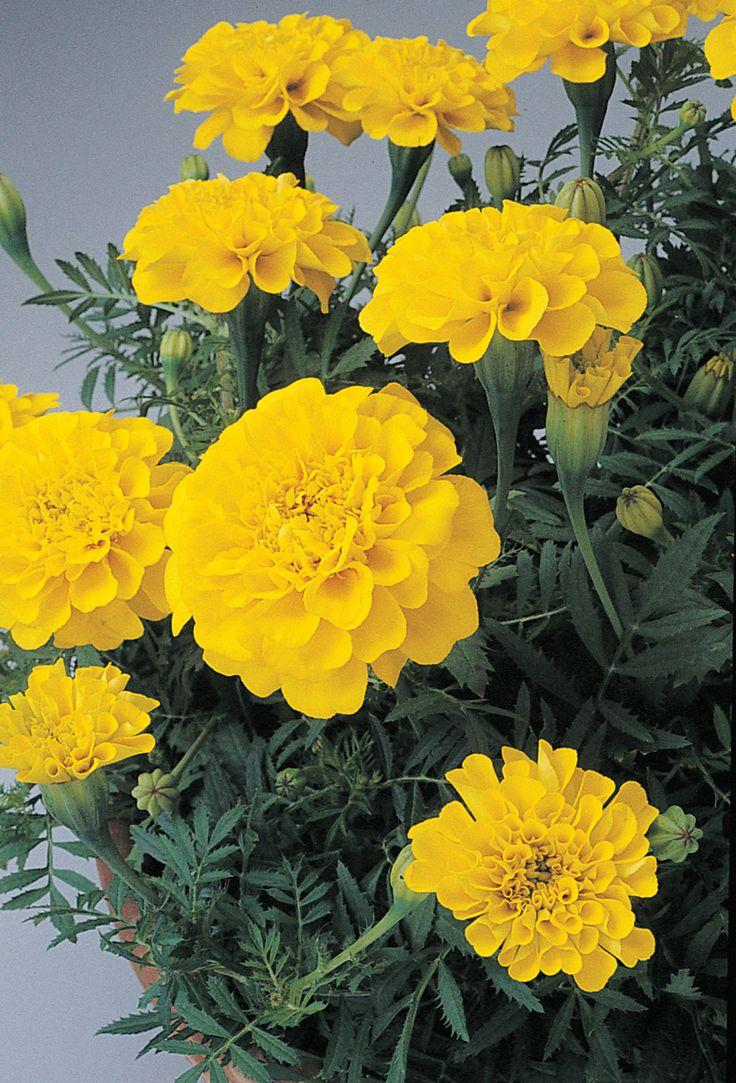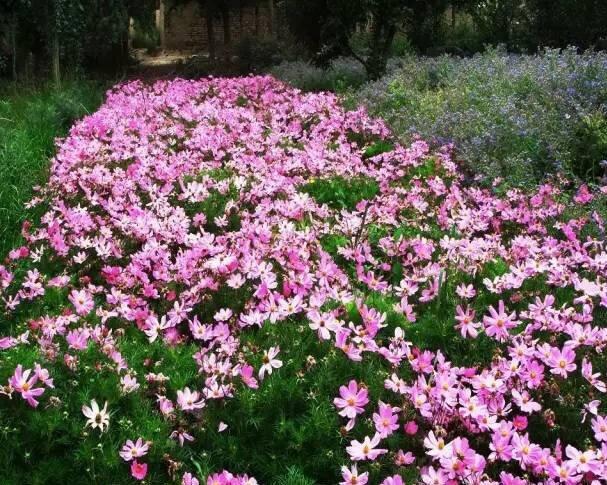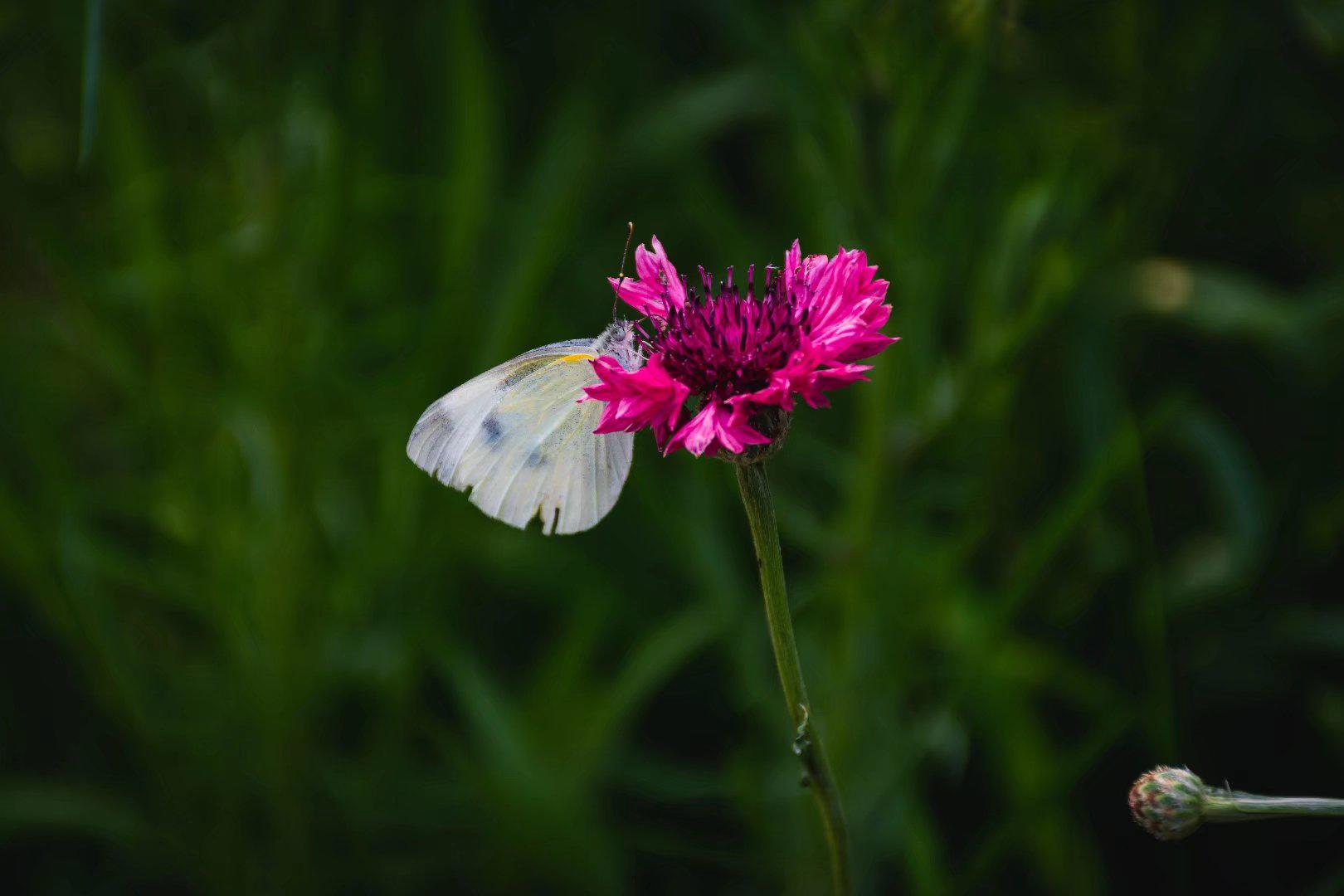The Geraniaceae family, commonly known as the geranium family, has an interesting story unraveling its name. The name Geraniaceae comes from the Greek word geranos, which means crane. This is because the fruit of some species of this family resembles the beak of a crane. Additionally, there is a myth that these plants were used by cranes to heal their wounds, which adds to its intriguing history. Today, the family includes commonly known flowering plants such as geraniums and pelargoniums and is enjoyed by gardeners around the world.
Picture
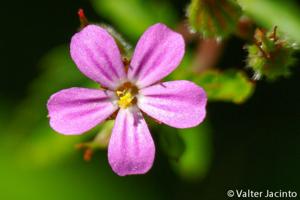
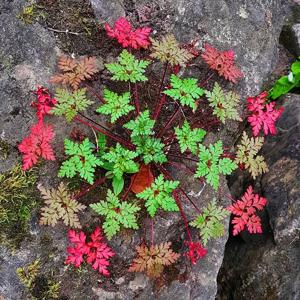

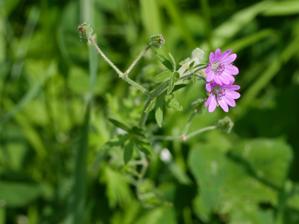
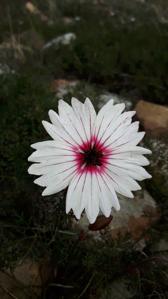

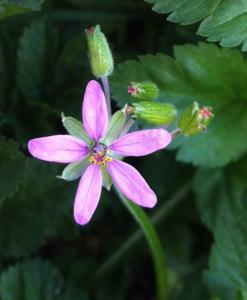
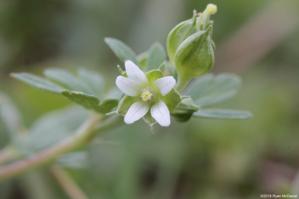
Plant some seeds now!
Short Description
Geraniaceae is a family of flowering plants placed in the order Geraniales. The family name is derived from the genus Geranium. The family includes both the genus Geranium (the cranesbills, or true geraniums) and the garden plants called geraniums, which modern botany classifies as genus Pelargonium, along with other related genera.
The family comprises 830 species in five to seven genera. The largest genera are Geranium (430 species), Pelargonium (280 species) and Erodium (80 species).
Description
Flower diagram of Geranium pratense
Geraniaceae are herbs or subshrubs(have more height than herb but Shotter than herbs). The Sarcocaulon are succulent, but other members of the family generally are not.
Leaves are usually lobed or otherwise divided, sometimes peltate, opposite or alternate and usually have stipules.

